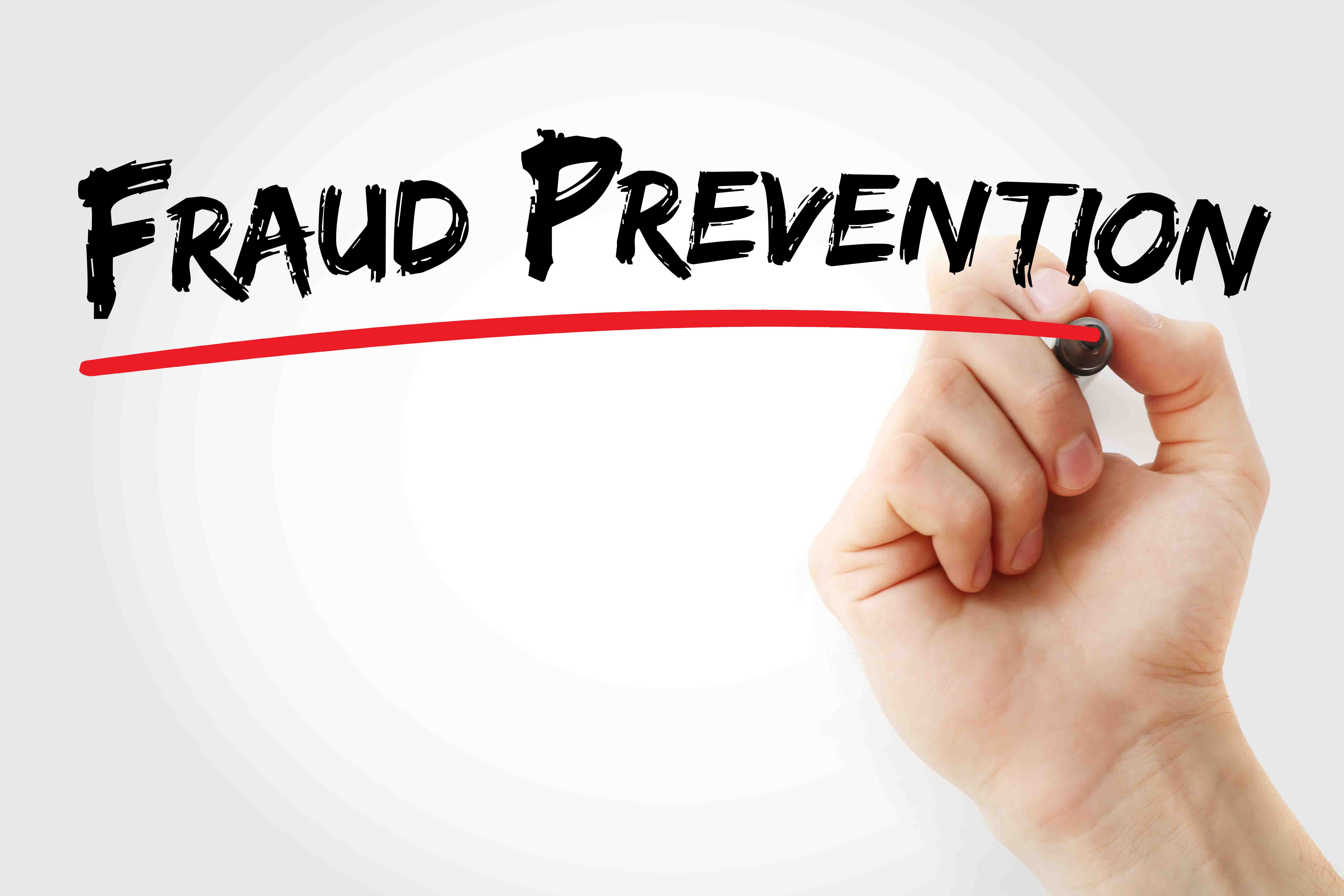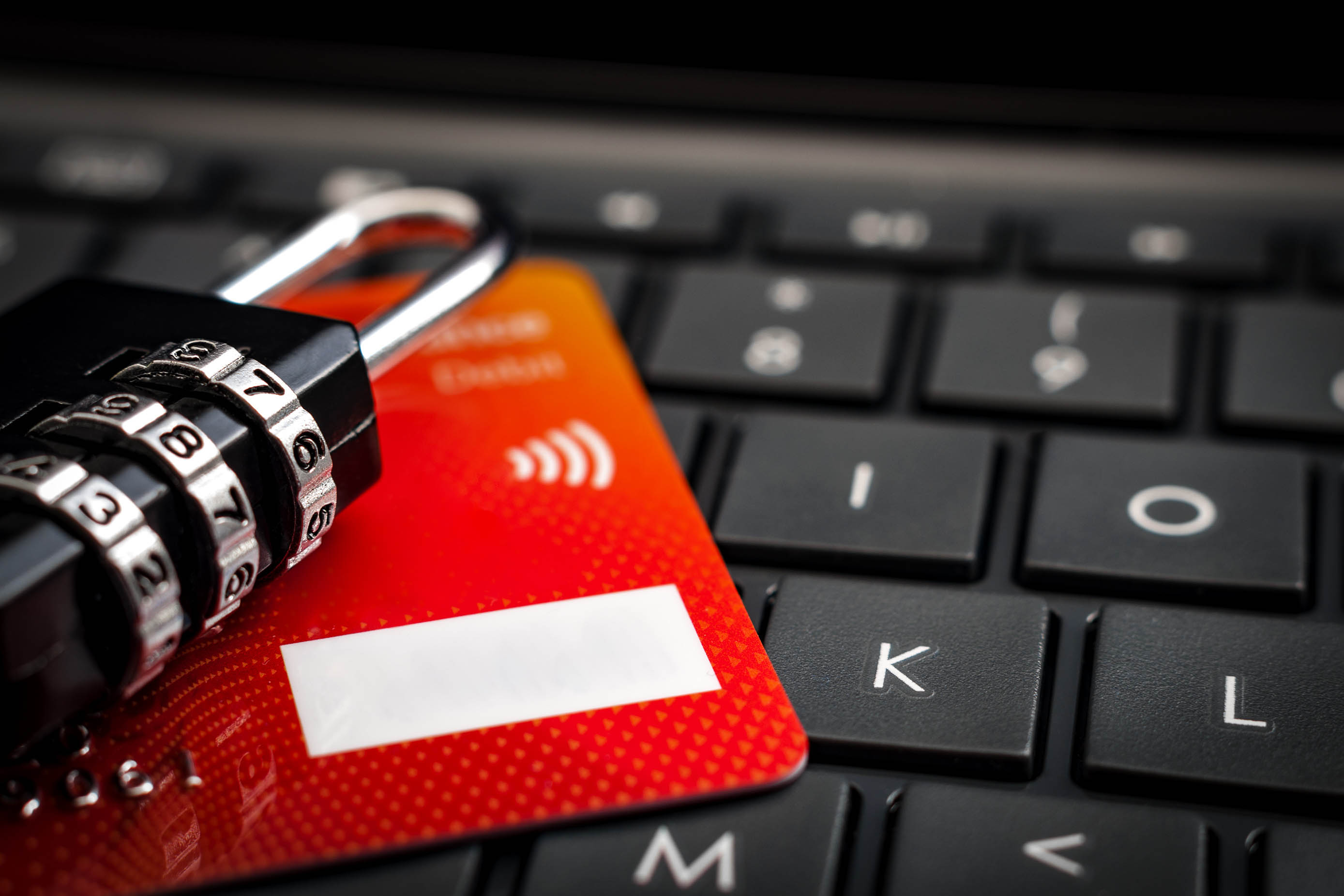 Gastonia Police Department’s fraud investigators want to remind everyone to watch out for con artists and scammers. Exercising common sense with prevention measures tends to be the most effective tool against fraud. Here are a few tips compiled by GPD’s fraud investigators to help protect you from con artists and scammers.
Gastonia Police Department’s fraud investigators want to remind everyone to watch out for con artists and scammers. Exercising common sense with prevention measures tends to be the most effective tool against fraud. Here are a few tips compiled by GPD’s fraud investigators to help protect you from con artists and scammers.
Frauds connected to skimmers
- Look for broken security seal stickers at the gas pump, or anything that looks out of place at ATMs.
- Use cash only for purchases, or a credit card not connected to your bank account. With a credit card you have 30 days to dispute transactions as opposed to debit cards that withdraw money immediately from your bank account when the transaction is made.
- Routinely check your bank and credit card accounts to make sure there are no fraudulent transactions.
- Create a daily spending limit on accounts that notify you when the limit is exceeded.
- Businesses can create an ATM checking routine to look for skimmers and report any skimmer device found to Detectives at (704) 866-6880 on weekdays, or Patrol at (704) 866-3300 on nights and weekends.
Know that wiring money is like sending cash
Con artists often insist that people wire money, especially overseas, because it’s nearly impossible to reverse the transaction or trace the money. Don’t wire money to strangers, to sellers who insist on wire transfers for payment, or to anyone who claims to be a relative or friend in an emergency and wants to keep the request a secret.
Read your monthly statements
Scammers steal account information and then run up charges or commit crimes in your name. Dishonest merchants bill you for monthly “membership fees” and other goods or services without your authorization. If you see charges you don’t recognize or didn’t okay, contact your bank, card issuer, or other creditor immediately.
Give only to established charities
Give to an established charity, rather than one that has sprung up overnight. Pop-up charities probably don’t have the infrastructure to get help to the affected areas or people, and they could be collecting the money to finance illegal activity. For more donating tips, check out ftc.gov/charityfraud.
Remember there's no sure thing in investing
If someone contacts you with low-risk, high-return investment opportunities, stay away. When you hear pitches that insist you act now, that guarantee big profits, that promise little or no financial risk, or that demand that you send cash immediately, report them at ftc.gov.
Don’t send money to someone you don’t know
Don’t send money to an online seller you’ve never heard of, or an online love interest who asks for money. It’s best to do business with websites you know and trust. If you buy items through an online auction, consider using a payment option that provides protection, like a credit card.
If you think you’ve found a good deal, but you aren’t familiar with the company, check it out. Type the company or product name into your favorite search engine with terms like “review,” “complaint,” or “scam.” See what comes up on the first page of results as well as on the later pages.
Never pay fees first for the promise of a big pay-off later, whether it’s for a loan, a job, a grant or a so-called prize.
Don’t agree to deposit a check and wire money back
By law, banks have to make funds from deposited checks available within days, but uncovering a fake check can take weeks. You’re responsible for the checks you deposit. If a check turns out to be a fake, you’re responsible for paying back the bank. No matter how convincing the story, someone who overpays with a check is almost certainly a scam artist.
Don’t reply to messages asking for personal or financial information
It doesn't matter whether the message comes as an email, a phone call, a text message, or an ad. Don’t click on links or call phone numbers included in the message, either. It’s called phishing. The crooks behind these messages are trying to trick you into revealing sensitive information. If you got a message like this and you are concerned about your account status, call the number on your credit or debit card, or your statement, and check on it.
Sign your Debit / Credit Cards with ‘See ID’
Sign your credit and debit cards with “See ID.” This will force you to show your signature sample off your ID. Few potential fraudsters will be able to replicate your signature on his or her ID.
Questionable Content
Websites with questionable content will sometimes ask for a credit or debit card number “for identification purposes only.” Don’t get sucked in! Unless you are actually making a purchase, there is no need to share your card information.
Unsolicited Emails
Do not click on “unsubscribe” links in any unsolicited email, or reply with an unsubscribe message. Doing either will simply confirm that the spammer/scammer is reaching a live address and they will continue to keep you on their contact lists. Instead, simply delete the email.
Secure Websites
There are two simple signs that you’re secure while shopping online. One is the “padlock” icon located at the top of your browser window, and the other is “https” in the address bar. These confirm that the page you are on is secure and that your data will be encrypted.
Passwords
Become a password power user. Avoid obvious passwords like birthdays, addresses or phone numbers – these aren’t just easy to guess, they’re easy to get with simple searches. Most sites recommend (or even require) a minimum of eight characters and a mix of numb3r5 and 13tt3r5. Don’t use repeat passwords for anything involving sensitive personal information. Fraudsters will run compromised email accounts against financial institutions in case there is a repeat that will grant them access. Change your passwords frequently. Many sites require periodic password changes and don’t permit password recycling. Just as you change your smoke alarm batteries every New Year, make it a habit to change your passwords every full moon.
Any questions or concerns can be directed to Fraud Investigators J.T. Bliss or D.F. Crow at 704-866-6970.
 Gastonia Police Department’s fraud investigators want to remind everyone to watch out for con artists and scammers. Exercising common sense with prevention measures tends to be the most effective tool against fraud. Here are a few tips compiled by GPD’s fraud investigators to help protect you from con artists and scammers.
Gastonia Police Department’s fraud investigators want to remind everyone to watch out for con artists and scammers. Exercising common sense with prevention measures tends to be the most effective tool against fraud. Here are a few tips compiled by GPD’s fraud investigators to help protect you from con artists and scammers.





